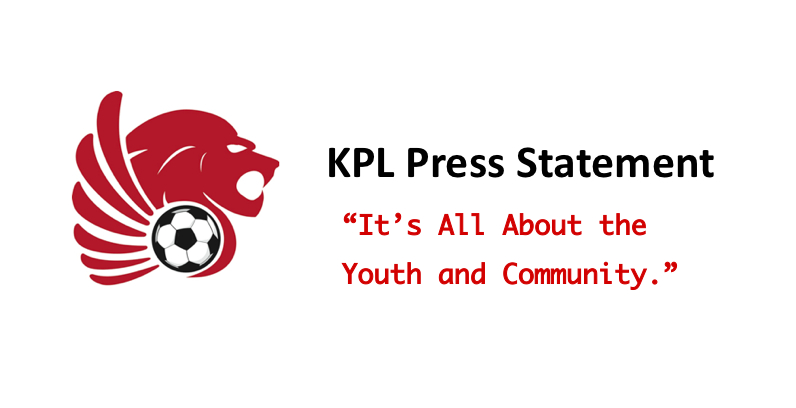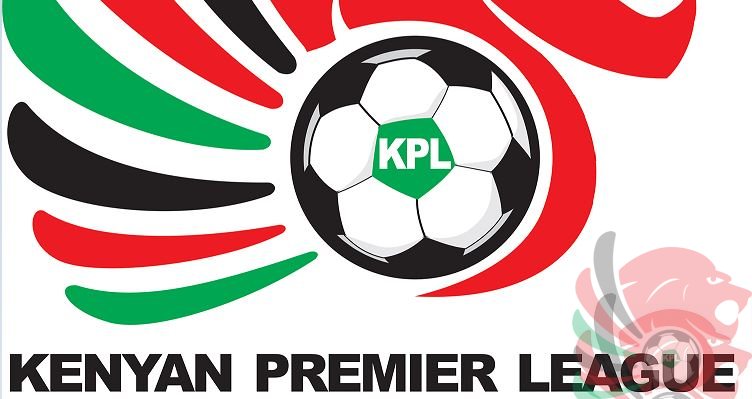Statement by the Kenyan Premier League on Treasury’s proposal for a Sports Fund and 50% tax on sports betting firms:
The Kenyan Premier League would like to petition the Government to re-evaluate its recent budgetary proposal to introduce a uniform 50% tax across board on betting, lottery, gaming and competition firms.
The Kenyan Premier League is one of the many sporting institutions in the country, which has benefited greatly from sponsorship by betting firms and if this industry struggles to meet their business targets, they will be forced to withdraw funding to sporting institutions.
Apart from Kenyan Premier League, four (4) other football clubs, namely AFC Leopards, Gor Mahia, Mathare United and Sofapaka, are sponsored by betting firms and through the funding the league and the clubs have been able to meet the cost of operations of the various aspects that the sports sector demands.
Clubs are able to meet Match day expenses (hiring of government owned sports facilities, ambulances, police officers, ball boys, ticket firms, as well as PR & Marketing firms, Match Day travel and accommodation, etc) as well as pay salaries and allowances of players, technical bench members, Referees, Match Commissioners, Stewards and other staff working directly or indirectly during the Match day events. From this alone it is clear that there are other industries which benefit from a vibrant sports industry which is currently anchored on the success and exponential growth of betting firms.
Collapse of betting will therefore, not only lead to a collapse of the sports sector, but also other industries which rely on sports for their revenue. The gains made by the sports sector on the back of sports betting firms’ sponsorship will therefore be negated and reversing the retrogression will not be easy even with the creation of the National, Sports, Culture and Arts Fund.
The Kenyan Premier League is in support of Government initiatives which are aimed at promoting the sports sector but with the imminent shutdown of betting industry as a result of the new tax rule, chances are that the National, Sports, Culture and Arts Fund will have little capital to operate with as it will be funded by proceed from the betting, gaming, lottery, and competition industry. There will therefore be no guarantee that sporting institutions will continue to benefit from funding equivalent or surplus of what is already being offered if the National, Sports, Culture and Arts Fund will not be in a position to raise enough money to achieve its goals.
Engaging directly with betting firms gives sporting institutions an edge to negotiate for sponsorships on terms that will lead to growth of the industry at an individual level, but with the National, Sports, Culture and Arts Fund, the case will be different as there will be hundreds of other entities which will be competing for funding from one source. With that outlined, it would therefore be of benefit if the betting firms are supported with policies that will lead to their continued growth rather than collapse for the sake of the future and prosperity of the sports sector.
Jack Oguda, Chief Executive Officer, Kenyan Premier League








